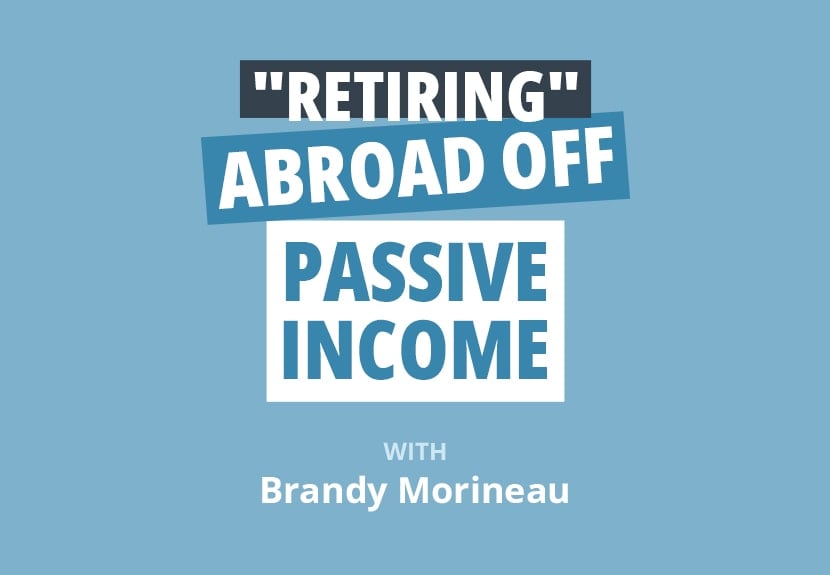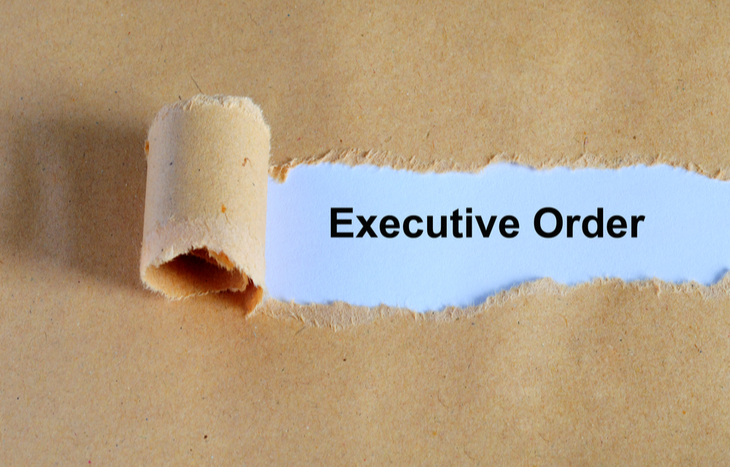National Public Radio is quitting Twitter over the social media company’s recent actions under owner Elon Musk to stamp it with labels the news organization says are meant to undermine its credibility.
“NPR’s organizational accounts will no longer be active on Twitter because the platform is taking actions that undermine our credibility by falsely implying that we are not editorially independent,” the news organization said in a statement Wednesday.
Last week, Twitter labelled NPR’s main account as “state-affiliated media” on the social media site, a label also used to identify media outlets that are controlled or heavily influenced by authoritarian governments. Twitter later changed the label to “government-funded media” and gave it to at least one other public news organization, the BBC.
“We are not putting our journalism on platforms that have demonstrated an interest in undermining our credibility and the public’s understanding of our editorial independence,” NPR’s statement said.
NPR’s chief communications officer, Isabel Lara, said in an email that “NPR journalists and employees will decide on their own if they wish to remain on the platform, same for NPR member stations as they’re independently owned and operated.”
NPR does receive U.S. government funding through grants from federal agencies and departments, along with the Corporation for Public Broadcasting. The company said it accounts for less than one per cent of NPR’s annual operating budget.
WATCH | Elon Musk’s meme coin:
Andrew Chang takes a look at the Dogecoin cryptocurrency, the memes that launched it and why Elon Musk keeps posting about it.
Twitter’s new labels have often appeared arbitrarily assigned. It tagged NPR with the “state-affiliated” label after Musk participated in a public conversation about NPR on Twitter, and then deleted mention of NPR, but left up BBC, on a web page where it described why they should not get that label.
NPR said it would remain on other social media platforms, and was reviewing whether it should expand to include emerging third-party platforms.
Not all get label
Since then, it has given NPR, BBC and some other groups a “government-funded” label but hasn’t done the same for many other public media outlets, such as their counterparts in Canada and Australia.
In an interview Tuesday with a BBC technology reporter at Twitter’s San Francisco headquarters, Musk acknowledged that the British news organization “is not thrilled” about the state-affiliated labels and asked the reporter for feedback.
“Our goal was simply to be as truthful and accurate as possible,” Musk said. “So I think we’re adjusting the label to be ‘publicly funded’, which I think is perhaps not too objectionable. We’re trying to be accurate.”
The BBC did not respond to an Associated Press request for comment on whether it plans to continue using Twitter.
Musk also said in the interview that Twitter was “roughly breaking even” as many advertisers, who had paused spending on the micro-blogging platform since its takeover last year, had returned.
Legacy verification end date
The end date may be near for another designation, Twitter verification, unless users sign up for a subscription service called Twitter Blue.
Musk tweeted Tuesday that legacy verified accounts will lose their status on April 20, and their once-coveted blue checkmarks will disappear, if they don’t pay a monthly fee.
Final date for removing legacy Blue checks is 4/20
—@elonmusk
For Canadian accounts, the monthly fee is $10 for subscriptions purchased through a web browser, but it costs $15 a month if purchased through Twitter’s iOS or Android apps. The subscription also includes other services, including the ability to edit tweets, write longer posts and have fewer ads showing up in the feed.
Verification, when it was introduced in 2009, was intended to signal an account was notable or of public interest — politicians, companies, brands, celebrities, news organizations — and that the user or organization behind it was not an imposter based on certain requirements.
The controversial move to charge for verification has led many users to reconsider their future on the social media platform, as it means anyone can verify an account.
Twitter removed the verification checkmark from the New York Times earlier this month after the publication stated it would not pay for the service.
Musk previously said the end date for legacy verification would be April 1, but Twitter did not follow through with the change.
















